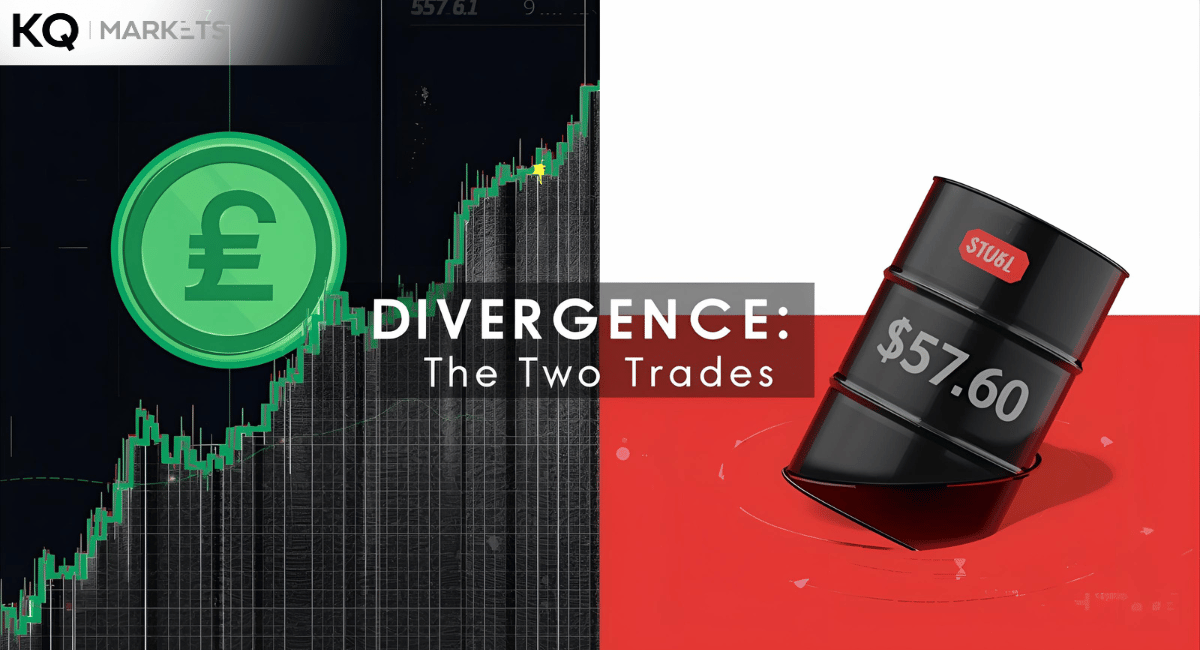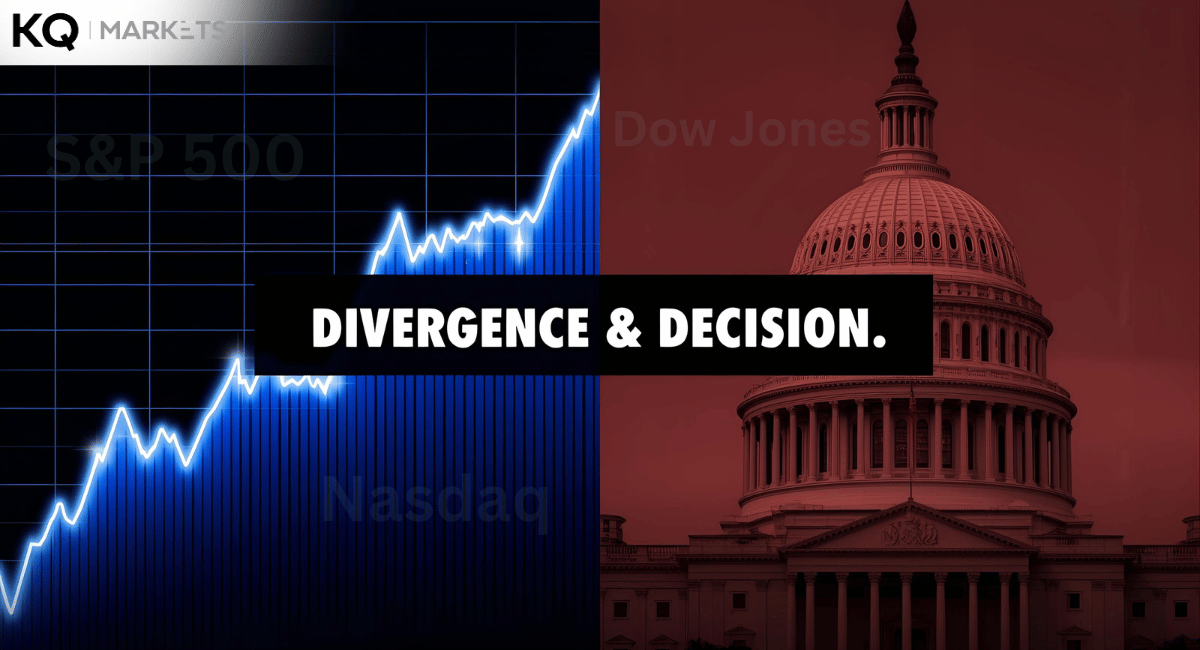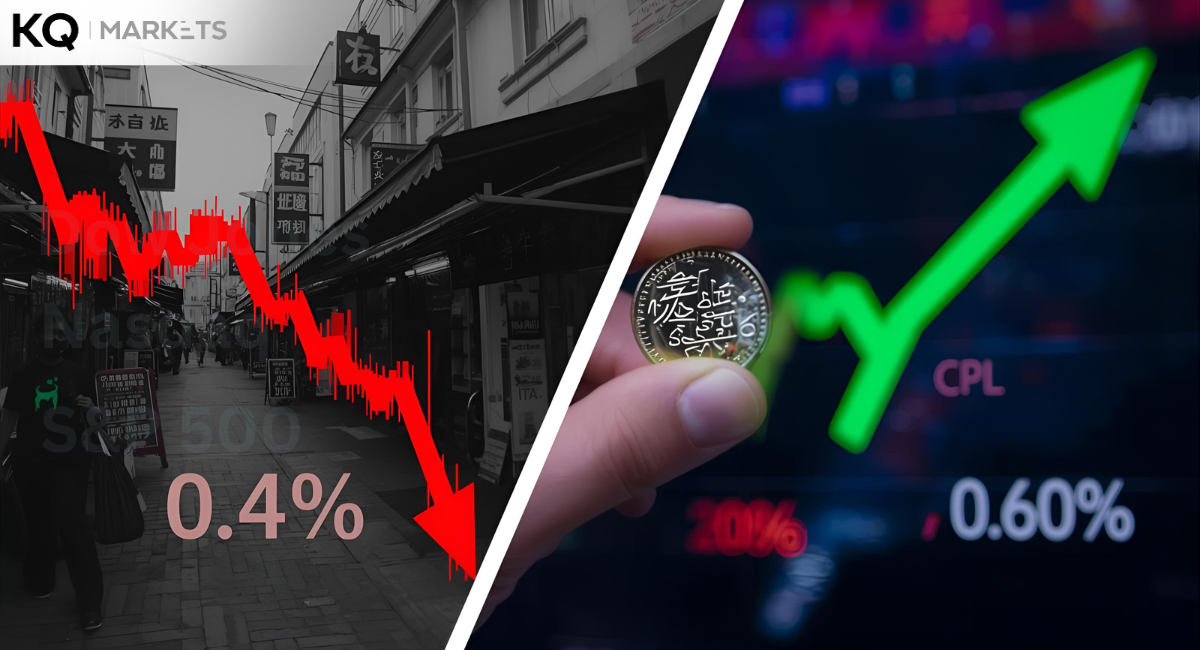United States stocks wavered early this week to reverse their early-session losses. The move comes after the employment report released on Friday indicated a stronger labor market. The Dow Jones Industrial Average closed on an upbeat note after gaining 0.3%, while the S&P 500 rose by 0.1%. Meanwhile, the tech-heavy Nasdaq Composite dropped below the flat line. The rate-sensitive 2-year note yields rose by 4.01% on Monday.
In any case, the 10-year note yields rose by 3.42%, while crude oil dropped below $80 per barrel after hovering at that level for a while. Well, Wall Street ended the short volatile last week with a modestly upbeat ahead of the jobs report. Thus, stocks remained wobbly due to slowing economic signs such as weak data on job openings and private payrolls. The Labor Department announced a 236,000 rise in nonfarm payrolls in March.
Generally, the rise was down from 326,000 in February and slightly below the 240,000 consensus estimates. The labor force participation rate rose to a 62.6% high since Covid-19, while the unemployment rate retained its position at 3.5%. The annual gain slowed to about 4.2% from 4.6% in February, and hourly earnings climbed by 0.3%. After the job report release, stock markets staked on a 65% probability of a 0.25% interest rate rise from the Federal Reserve.
Hence, economists expect the consumer price index to increase by about 0.3%, lowering the year-over-year inflation rate to about 5.2%. The Federal Reserve released its late-March meeting minutes on Wednesday to provide insight into the future of central banks' policies. In the meantime, another stock market catalyst lies ahead as heavyweight banks like Citi, JP Morgan, and Wells Fargo plan to report earnings.
Commercial lending under the current backdrop had dropped by over $100 billion in two weeks. The drop marked the most significant dip on record, which might heighten the controversy of the banking earnings report. In general, financial experts expect companies in the S&P 500 sector to record another quarterly profits slide. But wholesale inventories rose by 0.1% from January to close at $919.2 billion in February. The rise was below the 0.2% consensus estimates.
Overall, the Commerce Department reported a 0.4% rise in sales, which was lower than the 0.6% consensus prediction. Economists now believe household inflation might hit 4.7% within a year, down from the 4.2% prediction in February. Above all, Tesla Inc. shares and Apple Inc. shares fell on Monday. Micron Technology Inc. shares dropped by 8% following cuts from Samsung Electronics. Higher prices across several industries and the bumpy signals in policies resulted in the drop of these stocks.





